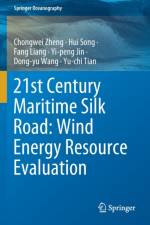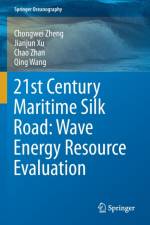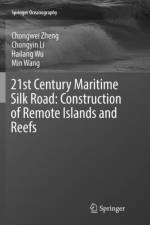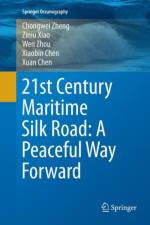von Chongwei Zheng
121,00 €
This book aims to establish a wind energy evaluation system, to provide scientific reference for site selection, daily operation and long-term planning of wind power generation, thus to make contribution to breaking the shackles of power shortage. Firstly, it presents the advantages and disadvantages of offshore wind power, then further discusses about the status quo and challenges for wind power programs along the Maritime Silk Road and offer suggestions. A wind energy evaluation system was proposed with the Maritime Silk Road as a case study, including climatic features of wind power (temporal-spatial distribution), long-term climatic trend and mechanism, short-term forecast of wind energy, mid- and long-term projection of wind energy, technology of wind energy evaluation on key point or vital region and offshore wind energy dataset construction, to provide systematic and scientific reference for wind power evaluation and utilization.This book is one of the series of publications on 21st century Maritime Silk Road (shortened as ¿Maritime Silk Road¿). It covers the characteristics of the marine environment and marine renewable energy, remote islands and reefs construction, climate change, early warning of wave disasters, legal escort, marine environment and energy big data construction, etc., contributing to the safe and efficient construction of the Maritime Silk Road. It aims to improve our knowledge of the ocean, thus, to improve the capacity for marine construction, enhance the viability of remote islands and reefs, ease the energy crisis and protect the ecological environment, improve the quality of life of residents along the Maritime Silk Road, and protect the rights, interests of the countries and regions participating in the construction of the Maritime Silk Road. It is a valuable reference for decision-makers, researchers, and marine engineers working in the related fields.






